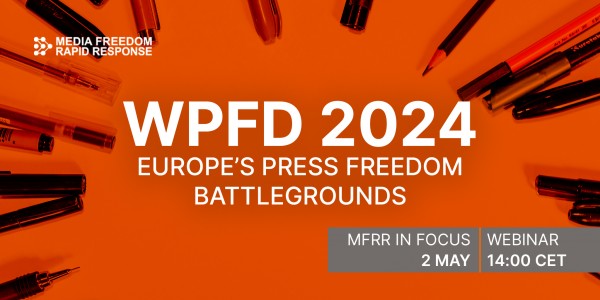Meeting in their General Assembly on 9 June 2009 in Helsinki, Finland, IPI members called on the member countries of the United Nations Human Rights Council to respect the independence of its Special Rapporteur on Freedom of Opinion and Expression, Frank La Rue.
He has recently come under verbal attack by representatives to the Council speaking on behalf of the Organisation of the Islamic Conference and of the Arab and African voting groups, as voiced respectively by Pakistan, the United Arab Emirates and Egypt, for allegedly not following his mandate not only to report on attacks against freedom of expression, but also on “abuses” of it, specifically defined by those representatives as referring to the controversial concept of “defamation of religions.” The speakers have threatened to dismiss him if he does not comply.
Those voting groups, who control a majority of the Council, amended the Special Rapporteur’s mandate in March 2008 to call on him to report on that theme.
Mr. La Rue had written in his first report to the Council as Special Rapporteur, presented June 2, that “Restrictions should never be used to protect particular institutions or abstract notions, concepts or beliefs, including religious ones.”
Numerous speakers representing the European Union as a group and individually, Australia, Canada, Switzerland, the United States and others came to Mr. La Rue’s defense, insisting that he has properly exercised his independent judgment.
IPI members stress the importance of the Special Rapporteur’s mandate for the defense of press freedom worldwide. For that mandate to continue to be an effective contribution to furthering that freedom, the Special Rapporteur must himself be afforded freedom of speech. He should not be constrained by the questionable call to describe violations of an alleged offense that has no standing under international law.
IPI members commend those countries who have come to the defense of the Special Rapporteur’s professionalism and independence. They call upon his critics to refrain from imposing unacceptable constraints that are in and of themselves violations of the freedom of opinion and expression.


